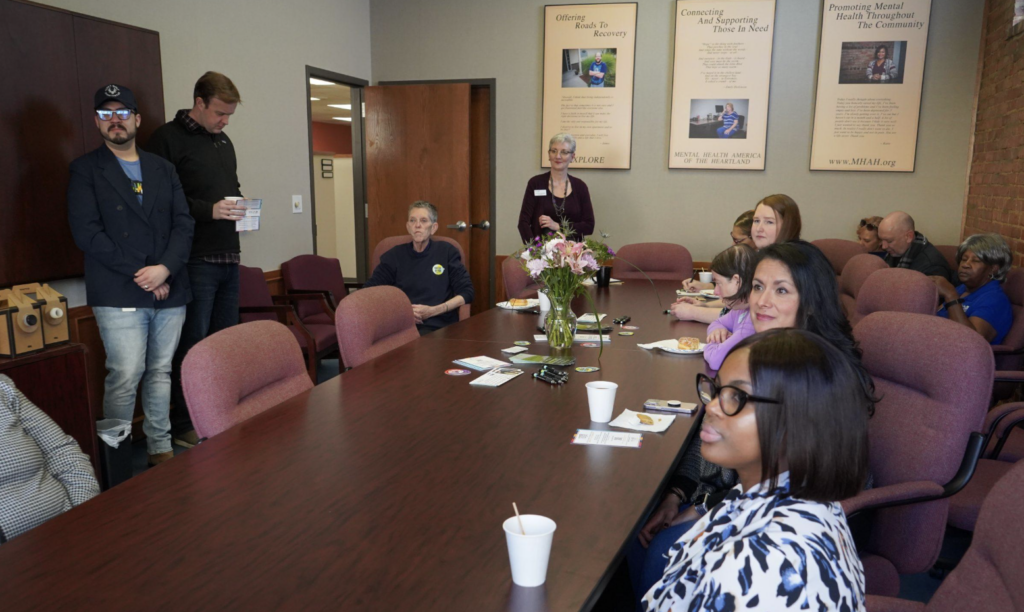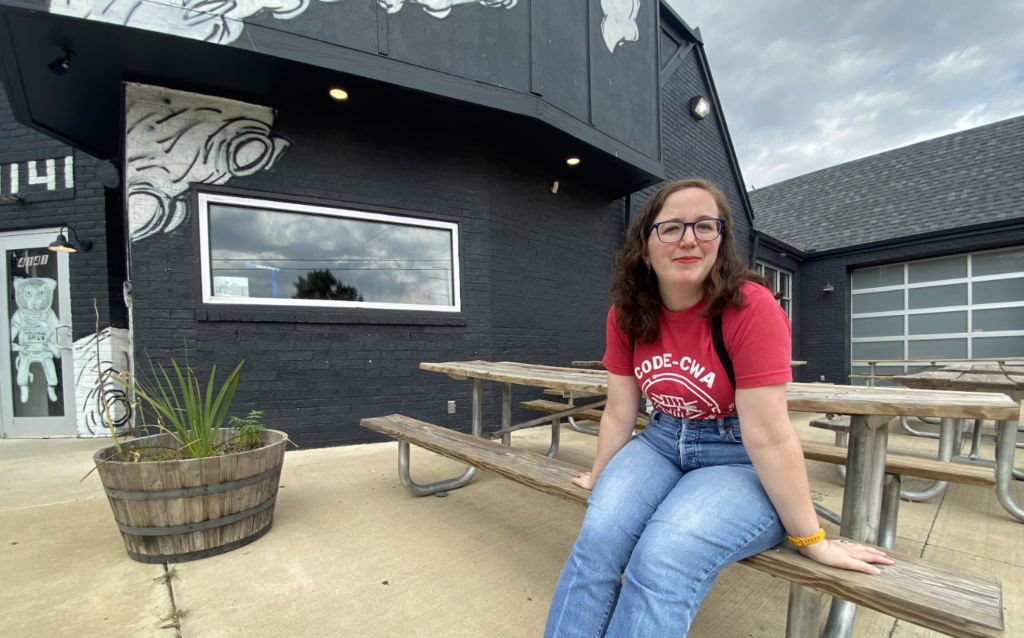Kansas-raised writer Ling Ma awarded MacArthur Fellowship Genius Grant
Ling Ma is a satirist’s satirist. The immensely clever and affable writer and professor was recently named a 2024 MacArthur Fellow and Genius Grant Recipient for “mixing speculative and realist modes of storytelling to throw into relief the surreal aspects of our contemporary condition.” Originally from Fujian, China, and raised in Utah and Kansas, her wry and disorientingly prescient 2018 novel Severance is a mainstay of her notoriety to the public.
The work is an intellectually probing and hysterically funny indictment of the crumbling first-world capitalist order. It’s an equal mixture of office satire and apocalyptic meditation on broad societal collapse through thoroughly well-constructed prose.
It delves into the varying flavors of modern life’s ironies, absurdities, and banalities. It follows its protagonist before and during a pandemic of the Shen Fever—a fictional fungal infection originating in Shenzhen, China. People infected with Shen Fever repeat old routines compulsively until death. There is no cure for the fever, and its spread eventually leads to the collapse of the United States. However, some individuals are immune to the pathogen and attempt to survive the apocalypse.
The writing process for Severance began as a short story during Ma’s last few months working for Playboy. After her layoff, she wrote the work while living on severance pay. The novel explores psychological themes of otherness and alienation via the common cultural trope of the zombie apocalypse.
Ma says she learned to structure and sequence Severance by watching the complete Mad Men television series. Speaking to elements of Severance that could be extrapolated to the past five years, Ma remarks pensively, “When I step aside from it and look at how others look at it, even I am surprised by some of its prescience. That there can be a pandemic or some sort of national emergency, and your employer is still going to try to squeeze a lot of work out of you.”
To some Kansas Citians, Ma’s connection to the Kansas City area might not be well known. She came to the US at age six and attended middle and high school in Topeka at Washburn Rural Middle and Washburn Rural High School.
Ma elaborated on her journey to America by clarifying, “In the ‘80s, US-China relations were starting to thaw. Things were starting to open up through the universities.” Her family came to the US via academia, with her father attending grad school in the States. Ma notes that “The plan had always been to return [to China], and then it just didn’t happen that way.”
After working on the school paper in high school, Ma figured she’d pursue journalism. “There was an aspect about being part of media that I really liked. I always really liked arts coverage, and that stayed.” She finished her undergraduate work at the University of Chicago, earning an AB and an MFA from Cornell University.
Ma’s influences include many things, ranging from office dramas to The X-Files, Franz Kafka’s short stories, and David Lynch’s works, specifically Twin Peaks and Mulholland Drive, among other influences. Of Lynch’s often idiosyncratic and strangely beautiful work, specifically Mulholland Drive, Ma says, “I’ve always been curious about how the narratives start to break apart, like how are you supposed to read the narratives? Is one a fantasy, and is the other a nightmare? And do you present them in the same realm?”
Despite a relatively concise bibliography, Ma has upended and redefined industry and academic standards within her carefully crafted creative niche, both in content and form. Ma’s syncretic and inspired authorial novelty has proven to be a game-changer for contemporary fiction. Like all writers and artists worth their weight in salt, the most authentic and honest are usually the most worth reading. Ma squares neatly into these categories with a personable and genuine disposition and a voice bound to echo down the decades.
Accordingly, an author can never be completely separate from their work, as there is a symbiotic relationship between who an author is, what they choose to write about, and, of course, what it is that they write and how they approach the beautiful and still sometimes confounding world inside them and around them. Ma’s advice for young writers is: “Separate writing from publishing. Be as honest as you can, explore the topics as honestly as you can, and explore publishing later. Let yourself be surprised by your work. That’s usually a good sign that you’re exploring something pertinent.”
In addition to Severance, Ma has published short stories in Granta, Playboy, and the Chicago Reader. She was a professor of practice in the arts at the University of Chicago from 2017-2023. She will begin the Fall 2025 semester at the University of Chicago as an associate professor of creative writing
Ma’s literary awards include the much-coveted Kirkus Prize, the National Book Critics Circle Award for Fiction, The Story Prize, The 2023 Windham-Campbell Literature Prize, and now a MacArthur Fellowship. The fellowship is awarded annually by the John D. and Catherine T. MacArthur Foundation to 20-30 individuals in recognition of their extraordinary originality and dedication to their creative pursuits. The prestigious no-strings-attached prize is an investment in the awardee’s potential. Ma is indeed a tremendous addition to the MacArthur Fellow family and an invaluable asset in our contemporary literary canon on which to depend.







